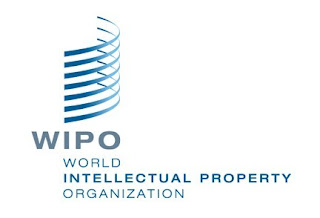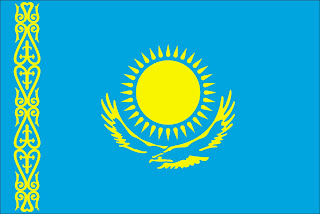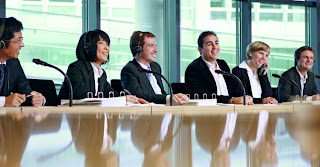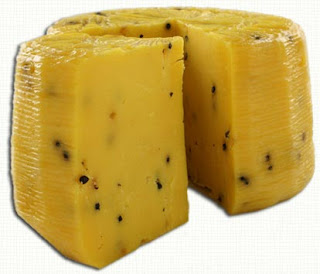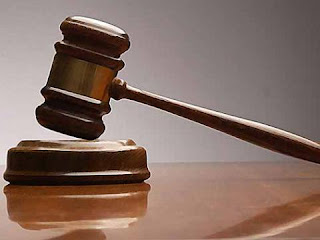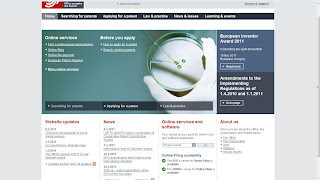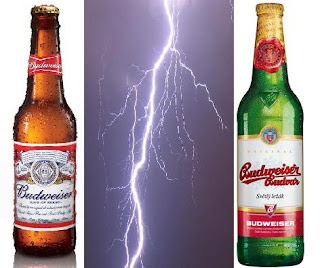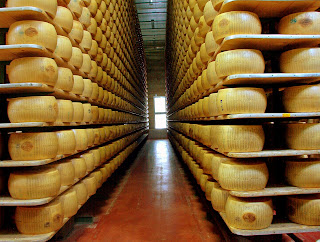
Интелектуалната собственост е много повече от правна и бизнес теория. Тя е въплътена във всички обекти създадени от човека, които ни заобикалят.
Когато говорим за бизнес, интелектуалната собственост придобива съвсем конкретно значение и визия, благодарение на което е възможно нематериалните активи ( активите на бъдещето) да бъдат управлявани с цел получаване на изгоди от тях.
За съжаление интелектуалната собственост не може да действа автоматично, необходимо е полагане на съответните усилия. Правилото е колкото по-рано се положат тези усилия, толкова по успешно ще бъде управлението на интелектуалната собственост, гарантиращо успеха на един бизнес.
WIPO предоставя чрез своя e-learning курс IP Panorama базови знания относно характеристиките на интелектуалната собственост на които трябва да се обърне внимание още в началните етапи от стартиране на бизнес плана.
Това обучение е подходящо особено за малки и средни компании.
Повече за IP Panorama може да откриете тук.
English version
An intellectual property is much more than legal and business theory. It is embodied in all objects created by people, who surround us.
When we talk about business an intellectual property takes on a particular meaning and vision, thanks to which it is possible intangible assets (assets of the future) to be managed in order to obtain benefits from them.
Unfortunately, intellectual property may not operate automatically, it is necessary making some efforts. The rule is the earlier to make these efforts more successful will be the management of intellectual property, ensuring the success of a business.
WIPO provided through its e-learning course IP Panorama basic knowledge about the characteristics of intellectual property that must be addressed even in the early stages of starting a business plan.
This training is especially suitable for small and medium size companies.
More about IP Panorama can be found here.
Когато говорим за бизнес, интелектуалната собственост придобива съвсем конкретно значение и визия, благодарение на което е възможно нематериалните активи ( активите на бъдещето) да бъдат управлявани с цел получаване на изгоди от тях.
За съжаление интелектуалната собственост не може да действа автоматично, необходимо е полагане на съответните усилия. Правилото е колкото по-рано се положат тези усилия, толкова по успешно ще бъде управлението на интелектуалната собственост, гарантиращо успеха на един бизнес.
WIPO предоставя чрез своя e-learning курс IP Panorama базови знания относно характеристиките на интелектуалната собственост на които трябва да се обърне внимание още в началните етапи от стартиране на бизнес плана.
Това обучение е подходящо особено за малки и средни компании.
Повече за IP Panorama може да откриете тук.
English version
An intellectual property is much more than legal and business theory. It is embodied in all objects created by people, who surround us.
When we talk about business an intellectual property takes on a particular meaning and vision, thanks to which it is possible intangible assets (assets of the future) to be managed in order to obtain benefits from them.
Unfortunately, intellectual property may not operate automatically, it is necessary making some efforts. The rule is the earlier to make these efforts more successful will be the management of intellectual property, ensuring the success of a business.
WIPO provided through its e-learning course IP Panorama basic knowledge about the characteristics of intellectual property that must be addressed even in the early stages of starting a business plan.
This training is especially suitable for small and medium size companies.
More about IP Panorama can be found here.

